There were 427 BVD positive animals on 283 farms in NI at the start of November, the latest figures from Animal Health and Welfare NI (AHWNI) indicate.
These animals had been retained for more than five weeks since receiving a positive BVD test.
AHWNI states that 177 herds have kept BVD positive cattle for more than six months and one-third of these herds are in the Armagh and Newry DVO (Department Veterinary Office) areas.
However, the overall number of retained BVD positive cattle on NI farms fell by 9% last month.
In a survey of NI farmers conducted by pharmaceutical company Boehringer-Ingelheim, 26 of the 200 respondents admitted to having kept an animal that is persistently infected (PI) with BVD.
Among these farmers, 70% had PI animals that died before reaching reproductive age and 93% said that they would not retain a PI calf again.
“All PIs shed enormous amounts of virus and pose a very significant risk to other cattle on the holding as well as to cattle on neighbouring premises, so their identification and prompt removal is the key to disease control,” AHWNI guidance reads.
UFU deputy president David Brown has also urged farmers with PI calves to remove them as quickly as possible. “A small but crucial number of farmers are continuing to keep animals that have tested BVD positive on their farm. This not only puts the health of their entire herd and farm business at risk, but they are also giving the disease a chance to spread,” he said.
He also wants to see the retention of PI calves brought in as a non-conformance with the NI Farm Quality Assurance Scheme.
Read more
Less sick animals due to BVD scheme
Keeping a healthy suckler cow
There were 427 BVD positive animals on 283 farms in NI at the start of November, the latest figures from Animal Health and Welfare NI (AHWNI) indicate.
These animals had been retained for more than five weeks since receiving a positive BVD test.
AHWNI states that 177 herds have kept BVD positive cattle for more than six months and one-third of these herds are in the Armagh and Newry DVO (Department Veterinary Office) areas.
However, the overall number of retained BVD positive cattle on NI farms fell by 9% last month.
In a survey of NI farmers conducted by pharmaceutical company Boehringer-Ingelheim, 26 of the 200 respondents admitted to having kept an animal that is persistently infected (PI) with BVD.
Among these farmers, 70% had PI animals that died before reaching reproductive age and 93% said that they would not retain a PI calf again.
“All PIs shed enormous amounts of virus and pose a very significant risk to other cattle on the holding as well as to cattle on neighbouring premises, so their identification and prompt removal is the key to disease control,” AHWNI guidance reads.
UFU deputy president David Brown has also urged farmers with PI calves to remove them as quickly as possible. “A small but crucial number of farmers are continuing to keep animals that have tested BVD positive on their farm. This not only puts the health of their entire herd and farm business at risk, but they are also giving the disease a chance to spread,” he said.
He also wants to see the retention of PI calves brought in as a non-conformance with the NI Farm Quality Assurance Scheme.
Read more
Less sick animals due to BVD scheme
Keeping a healthy suckler cow




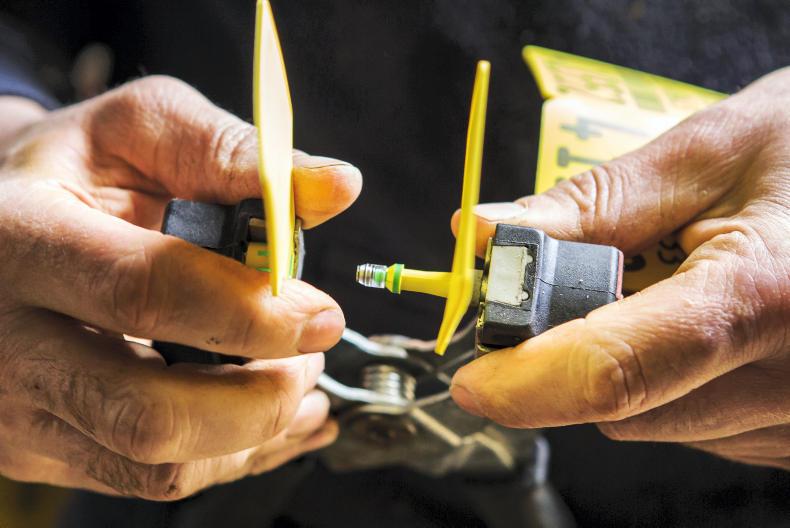
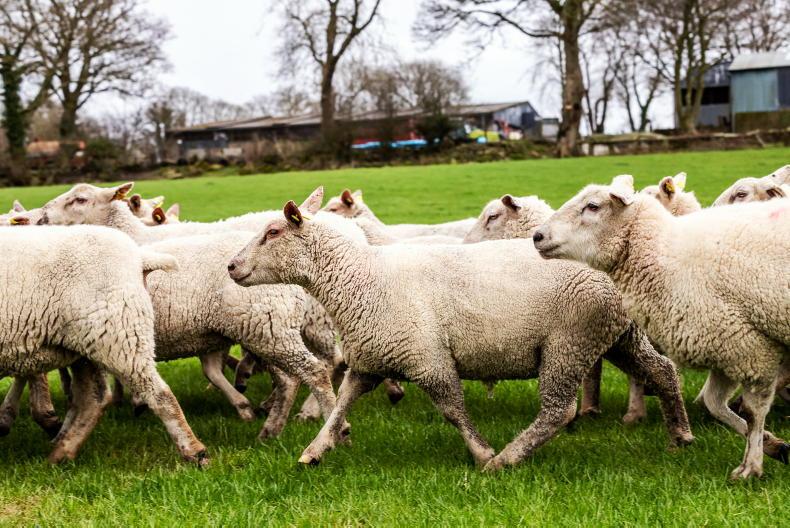
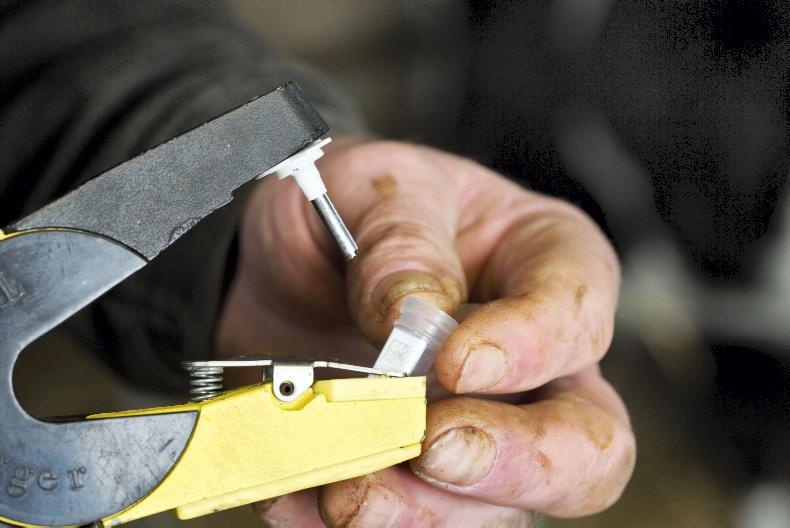
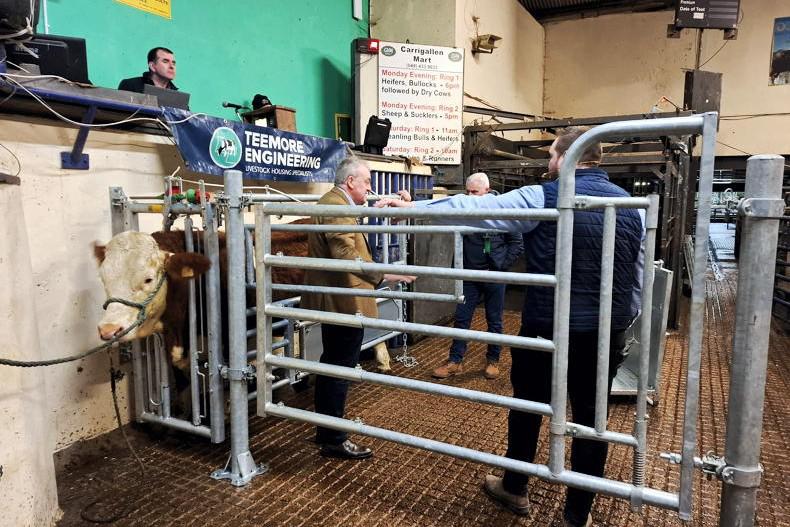
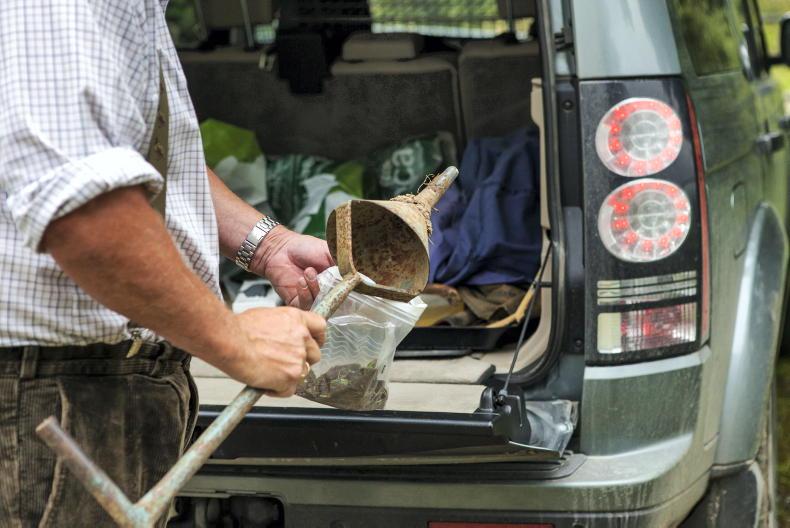
SHARING OPTIONS